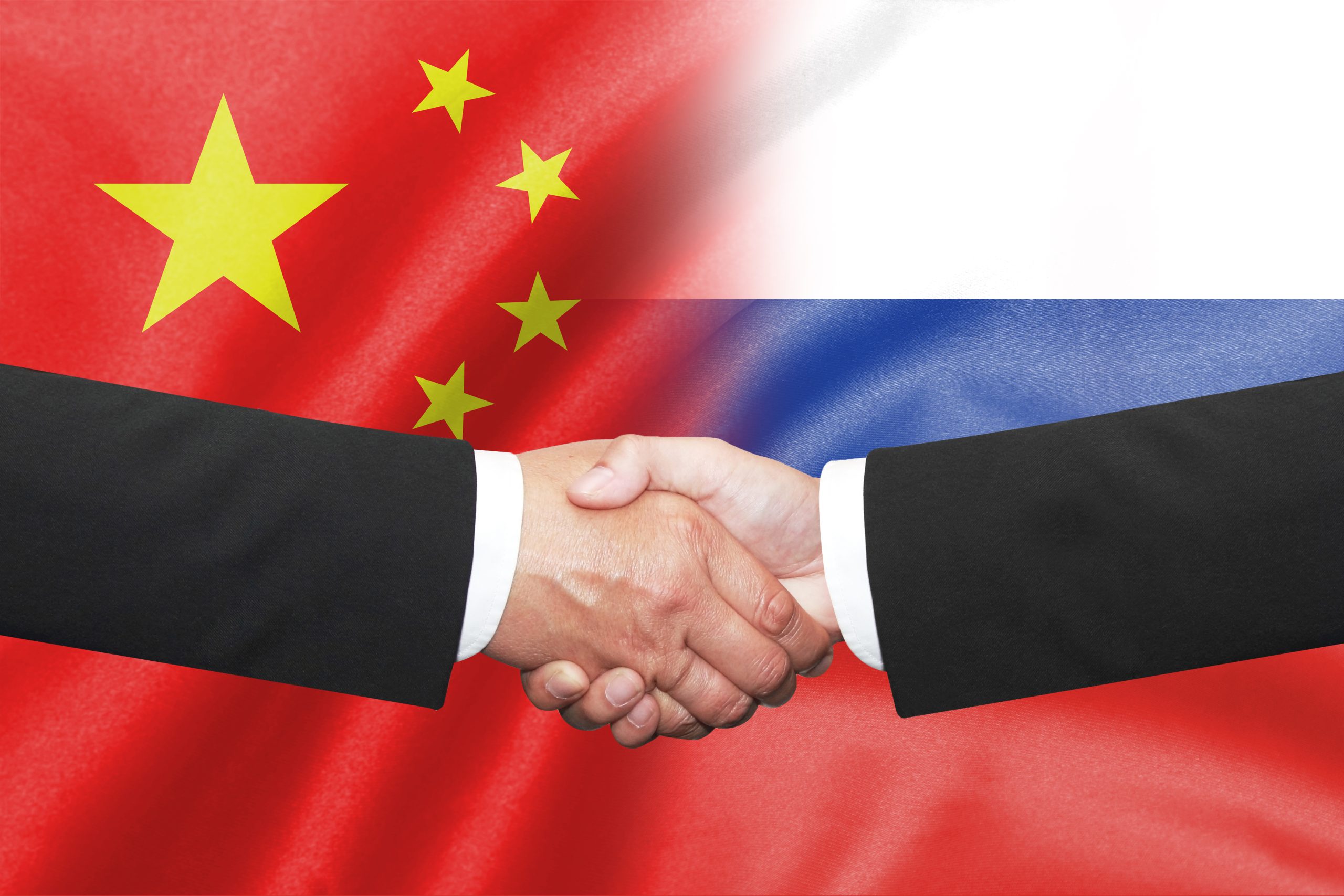Russia And China Likely Behind Baltic Sea Cable Sabotage After Biden’s Escalation

The recent sabotage of two critical undersea data cables in the Baltic Sea has raised alarm bells across Europe, with European officials pointing fingers at both Russia and China for their involvement.
The cables, connecting Finland to Germany and Lithuania to Sweden, were severed under suspicious circumstances. German Defense Minister Boris Pistorius has stated that the damage was no accident, calling it “sabotage.” This act of disruption follows President Biden’s approval of long-range missiles for Ukraine to strike Russian territory, further escalating tensions in the region.
While the direct involvement of Russia has not been confirmed, the Kremlin’s recent threats of retaliation for NATO’s increasing support of Ukraine, combined with Russia’s use of hybrid warfare tactics, make it a likely suspect. However, new developments have implicated China as well.
A Chinese-flagged bulk carrier, MV Yi Peng 3, is suspected of deliberately dragging anchor to break the cables. The ship, which had departed from a Russian port, was later intercepted by Danish naval vessels HDMS Hvidbjørnen and HDMS Søløven as it tried to leave the Baltic Sea. This act of sabotage echoes similar incidents, such as the October 2023 damage to the Balticconnector pipeline, reportedly caused by another Chinese-flagged vessel, the MV Newnew Polar Bear.
The MV Yi Peng 3’s actions in the Baltic Sea raise more questions about Chinese involvement in disrupting European infrastructure. Authorities are still investigating, but the evidence pointing to intentional sabotage is growing stronger. This sabotage, coupled with Russia’s recent threats of nuclear escalation, has raised fears that these incidents are merely a prelude to more severe attacks aimed at undermining NATO and the EU’s support for Ukraine.
The timing of the cable cuts, following Biden’s missile authorization, signals a growing willingness by Russia — and now potentially China — to escalate the conflict through unconventional means. Russia’s nuclear doctrine has been revised to include the potential for nuclear retaliation against attacks on its territory, especially those backed by nuclear powers like the U.S. This new development suggests that the cable sabotage could be part of a broader strategy to disrupt Western communication and logistics, weakening NATO’s resolve.
As investigations into the sabotage continue, the international community is bracing for more aggressive actions. The cooperation between Russian and Chinese interests in this sabotage campaign points to a complex, multifaceted strategy to weaken NATO and disrupt European unity. With heightened surveillance in the Baltic Sea and increasing tensions, the world must prepare for the worst while hoping for a peaceful resolution to this escalating crisis.
























